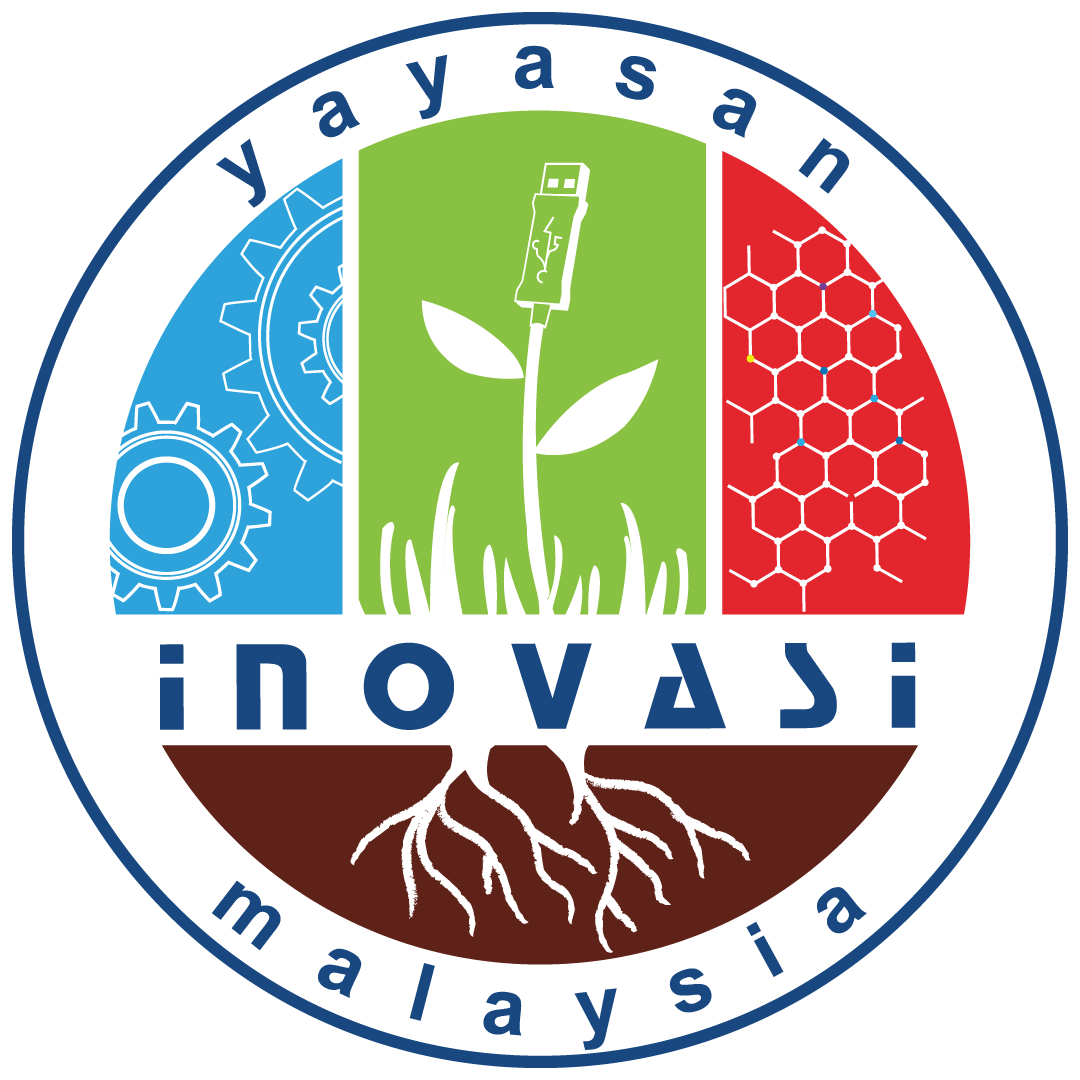Agriculture & Farming
Multi-purpose Truck for Agriculture





Innovator
Mr. Wagiman Dulahabedi
Johor, 2011
Wagiman Dulabehi, affectionately known as Wak Wagiman, is a farmer cultivating oil palm in Ayer Hitam, Johor. What sets him apart is his dedication to making a difference.
The daily routine of farmers involves moving their produce to collection points. This process not only requires a significant workforce but is also nearly impossible without suitable transportation. However, vehicles like trucks and lorries are expensive, and the available specifications are not suitable for all types of terrain. This challenge prompted Wak Wagiman to innovate. After identifying the common issues faced, he successfully created his own versatile cart. This cart is not only affordable but also suitable for use on soft peat soil. Interestingly, it’s made from recycled materials, including Vespa engines. This innovation caught the attention of the Malaysian Innovation Foundation (YIM), which seeks inclusive innovations for further development. YIM provided assistance through innovation development grants to ensure Wak Wagiman’s cart could be perfected.
This versatile cart can carry loads of up to 4 tons, suitable for small and medium farmers. The use of this cart directly reduces labor costs, thereby increasing productivity on the farm. Despite being sold at a much lower price compared to market brands, the quality offered is competitive, and buyers can choose desired specifications. With its small size, it’s suitable for use on small farms. Farmers in Ayer Hitam and even pineapple farmers have benefited from and shown interest in this versatile cart.
Rice, a staple food in Asia, including Malaysia, originates from processed paddy plants grown in flat, marshy areas with significant rainfall. Despite the rice packets widely available in markets, the toil of farmers in producing the best quality rice is often overlooked. In Keningau, Sabah, Mr. Siteo Akang has long been involved in rice cultivation, which serves as his primary source of income and supports the local community.
His experience in paddy cultivation has faced various challenges, notably during the threshing process. Traditionally, threshing involves manually beating paddy to separate the grains from the stalks, which is impractical for small-scale farmers. Large-scale paddy field owners require machinery to expedite this process. Recognizing this need, Siteo attempted to create a specialized threshing machine. With prior experience in car repair workshops for eight years, he utilized his skills to craft the best threshing machine. However, his endeavor wasn’t straightforward due to limited knowledge of machine mechanics. Despite constraints in cost, materials, and resources, he produced the first five units, which required significant improvements based on experience and feedback. His perseverance is commendable, as he continued to strive forward despite facing challenges outside his expertise.
After several iterations, Siteo successfully developed a functional paddy threshing machine. Initially, his machine attracted attention from local rice farmers for its ability to expedite the threshing process. Recognizing its usefulness, orders began pouring in. With the help of his friends, Siteo started producing the machine on demand. Over 100 units have been sold in Keningau, Tambunan, Tenom, and Ranau. Its popularity stems from its features; it can be operated by a single worker, equipped with wheels for easy maneuverability, and processes rice ten times faster than traditional methods. Unlike traditional methods requiring dried rice, this machine can efficiently process damp rice. Furthermore, its unique feature retains straw from being shredded, automatically separating straw, husk, and rice grains. As a result, it reduces labor in the time-consuming threshing process.
Currently, Siteo’s paddy threshing machine sells for around RM2,000 to RM3,000, inclusive of an engine, depending on current iron prices. Interested customers need to place orders in advance, typically taking about a week for preparation.
Siteo’s innovation caught the attention of the Malaysian Innovation Foundation (YIM), an agency under the Ministry of Science, Technology, and Innovation. Established in 2008, YIM aims to drive innovation and creativity among Malaysians, targeting children, youth, women, rural residents, Persons with Disabilities (PWDs), and non-governmental organizations. YIM initiated the Grassroots Innovation Movement in 2011, focusing on awareness programs, capacity building, and innovation development. One of these initiatives is the Sabah Innovation Trail, which discovered Siteo’s paddy threshing machine.
This program seeks inclusive innovative products that bridge the gap in productivity, such as Siteo’s machine. It’s made from recycled materials, reducing costs and making it affordable. Despite being significantly cheaper than other machines on the market, Siteo’s machine offers good quality at an affordable price. Recognizing that small-scale farmers need inexpensive machinery for labor-intensive tasks like threshing, this machine proves beneficial in increasing productivity and reducing labor.
Through collaboration with YIM, Siteo obtained a copyright license to market his paddy threshing machine to a broader market. Additionally, YIM provided expert assistance to improve his machine. With this support, production costs are reduced, while the machine’s capabilities are enhanced. YIM’s programs not only recognize grassroots innovations but also help innovators market their products to target groups through cooperation with various relevant government agencies. Leveraging existing networks, YIM provides a platform for Siteo to market his machine nationwide. Furthermore, Siteo receives business management knowledge through workshops and periodic training classes, ensuring he and other innovators assisted by YIM can continue to compete in the market.
Innovators like Siteo Akang exist at the grassroots level across the country. With efforts by YIM, their innovations will be elevated to a higher level to be shared with the community, especially Malaysians.
